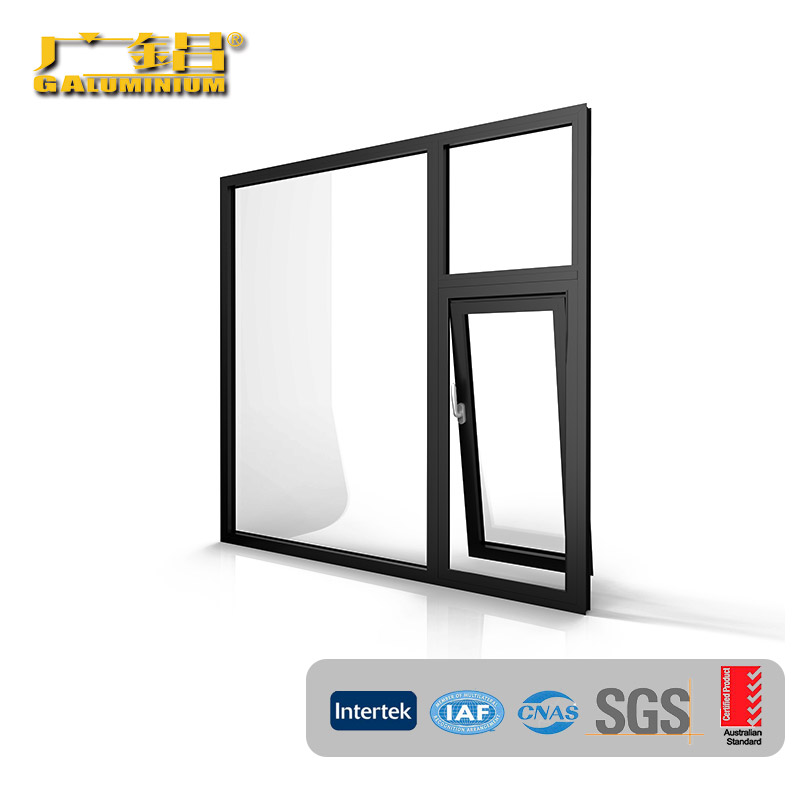The Pros And Cons Of Aluminum Windows
2024-11-21
Aluminum windows are a popular choice for modern homes and commercial buildings, thanks to their durability, sleek design, and low maintenance. However, like any material, they come with advantages and disadvantages. Below is a comprehensive look at the pros and cons of aluminum windows:
Pros of Aluminum Windows
1. Durability and Strength
- Aluminum is a highly durable material that resists warping, cracking, and corrosion, making it ideal for long-term use in various climates.
- Its strength allows for thinner frames while maintaining structural integrity, enabling larger glass panes.
2. Sleek and Modern Design
- Aluminum windows offer a slim, minimalist aesthetic, perfect for contemporary architecture.
- They come in various finishes, including powder-coated colors and anodized options, which enhance their visual appeal.
3. Low Maintenance
- Unlike wood, aluminum doesn’t require regular sealing, painting, or staining.
- It’s easy to clean and maintain, needing only occasional wiping with a damp cloth.
4. Energy Efficiency (When Thermally Broken)
- Modern aluminum windows often include thermal breaks (insulated sections in the frame) to improve energy efficiency.
- They can be paired with double or triple-glazed glass to enhance insulation further.
5. Recyclability
- Aluminum is highly recyclable, making it an environmentally friendly option.
6. Weather Resistance
- Aluminum windows perform well in extreme weather conditions, resisting rain, wind, and UV exposure.
7. Customization Options
- Available in a range of sizes, shapes, and finishes to match diverse architectural styles.

Cons of Aluminum Windows
1. High Initial Cost
- Aluminum windows are generally more expensive than materials like vinyl or uPVC.
- While they offer long-term value, the upfront investment can be significant.
2. Energy Efficiency Challenges (Without Thermal Breaks)
- Standard aluminum is a conductor of heat and cold, which can lead to poor insulation if the windows lack thermal breaks.
- Older or cheaper models may cause higher energy bills in extreme climates.
3. Condensation Issues
- Aluminum windows can sometimes attract condensation, especially in high-humidity environments, potentially leading to mold growth.
4. Less Traditional Appearance
- While aluminum suits modern designs, it may not blend well with traditional or classic aesthetics compared to wood.
5. Noise Insulation
- Aluminum frames may not insulate against noise as effectively as thicker materials like wood or high-end uPVC unless paired with proper acoustic glazing.
6. Surface Damage
- Although aluminum is durable, scratches or dents on the surface can be challenging to repair and may require professional attention.
Conclusion
Aluminum windows are an excellent choice for those seeking durability, a sleek appearance, and low maintenance. However, they are better suited for modern designs and climates where energy efficiency is not a major concern unless thermally broken options are used. Carefully weigh the pros and cons to determine if aluminum windows align with your architectural and budgetary needs.


